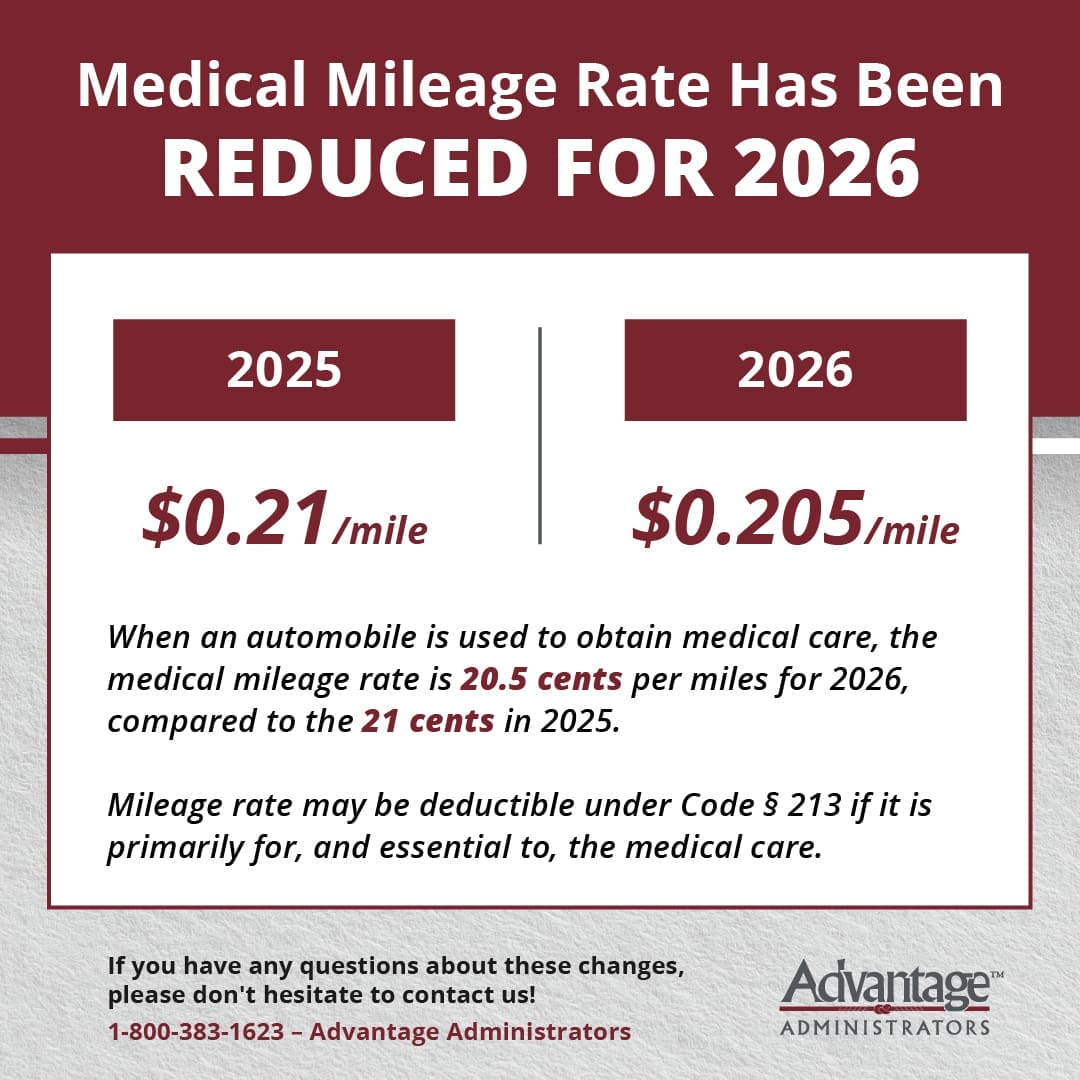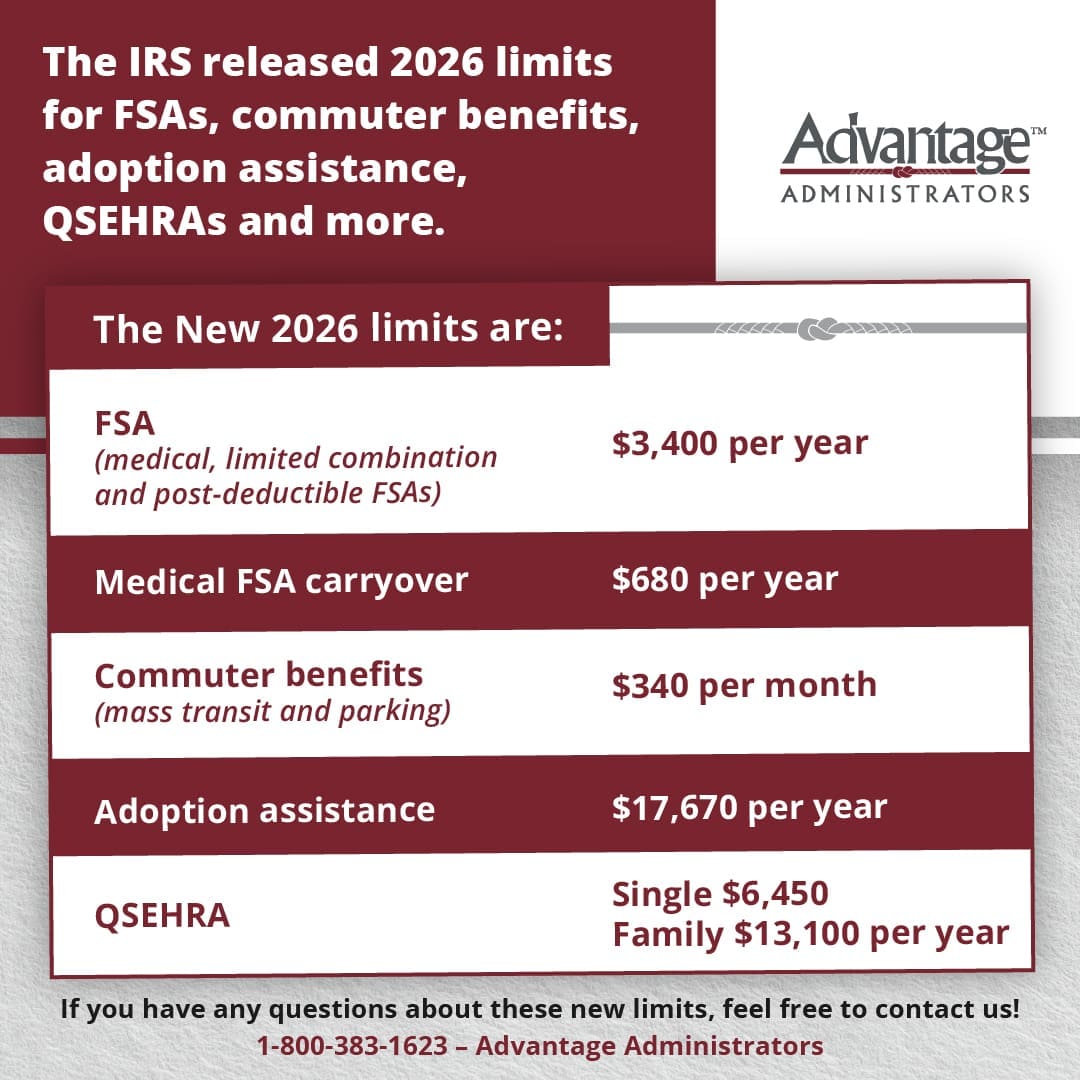What You Need to Know About HSA and FSA
It doesn’t matter if you are married, single or have children – healthcare is a large chunk of your budget every year, especially with an insurance plan that has a high deductible. Luckily, there are tax-friendly accounts, such as health savings accounts (HSAs) and flexible spending accounts (FSAs), which help make medical costs more affordable. These two options offer several tax breaks for account holders, and you will want to leverage them all.
WHAT YOU NEED TO KNOW ABOUT HAVING AN HSA
Health savings accounts provide the option to use pre-tax money for qualified medical expenses. Here is a breakdown of HSA benefits and how you can qualify for one of these tax-savvy accounts.
HSA Benefits
If you are looking for a tax-friendly account to keep your money, HSAs are a great option. You get three tax breaks when using an HSA, which are meant to help offset out-of-pocket medical expenses. The three tax benefits included are:
- Tax-free employee and employer contributions
- Tax-free investments
- Tax-free withdrawals
On top of these benefits, your HSA is also flexible, meaning that the funds are yours to spend on eligible medical bills and HSA funds are yours to keep, even if you leave your job. There is no “use-it-or-lose-it” rule and there are no deadlines on when to spend your balance.
Keep in mind, though, that in order to make contributions, you must be enrolled in an eligible high-deductible health plan, and you cannot have additional health insurance. This includes Medicare.
WHAT YOU NEED TO KNOW ABOUT HAVING AN FSA
FSAs, much like HSAs, offer tax breaks that help make out-of-pocket medical costs more affordable. The three tax benefits included are:
- Lower your taxable income
- Tax-free contributions
- Tax-free withdrawals
In order to qualify for an FSA, you must first be eligible for a group medical plan offered by your employer. Because of that, self-employed workers are not eligible.
At the beginning of your plan year, you will pick an amount to set aside from each paycheck. This is known as a salary reduction. The money is deposited all upfront at the beginning of the plan year. So, for example, if you ask to put $1000 into the FSA and your plan starts in January, January 1 you immediately have access to the full $1000, even though it hasn’t all been taken out of your paychecks yet. Currently, employees can contribute up to $2,750 into an FSA for 2022.
While they sound alike, there are differences between the FSA and HSA. One big difference is that FSA money is not portable, meaning you cannot take the money if you change jobs. There is also a deadline on spending your money from an FSA. Typically, this deadline is at the end of your plan year; however, there are some loopholes. You may be allowed to carry up to $550 into the next plan year or have a two-month grace period to spend your money, but you cannot do both.
WHICH IS BETTER?
If you are someone that qualifies for an HSA plan, you may choose it for a few reasons:
- More flexibility
- Long-term growth potential

The better option is based off what your employer may offer and how you feel is the best way to spend medical funds. Whichever plan you choose, remember to decide what is best for your contribution.
Now, the real question is if you can have both an HSA and FSA at the same time. Typically, the answer is no, but there is one potential exception. Contributing to a limited-purpose flexible spending account, sometimes referred to as an HSA-compatible FSA, gives you the chance to use your pre-tax money only on specific eligible costs, such as dental and vision. If this option is available to you, make sure you hold on to your receipts, just like with a typical FSA.
In the end, HSAs offers more flexibility and different ways to grow your money in the long term but like with most things, there are restrictions. Much like an HSA, FSAs let you score tax breaks, and while there is a limited amount of time to spend the money, an FSA still offers tax incentives and can help save on medical expenses.
If you would like to learn more about these and other benefits, contact Advantage Administrators.
The information in this blog post is for educational purposes only. It is not legal or tax advice. For legal or tax advice, you should consult your own counsel.










 Flex Plans
Flex Plans Forms
Forms HSA
HSA HRA
HRA Retirement
Retirement Health Shopper
Health Shopper FSA Store
FSA Store

